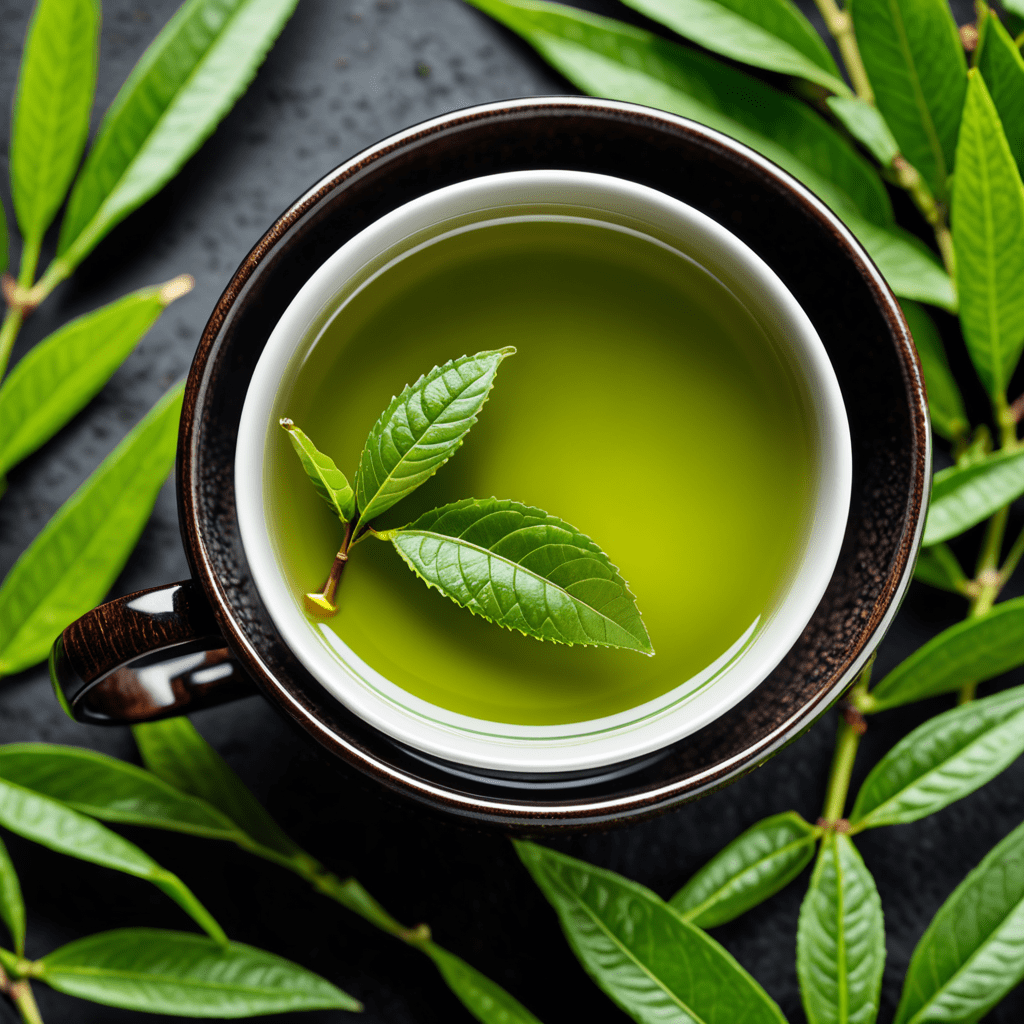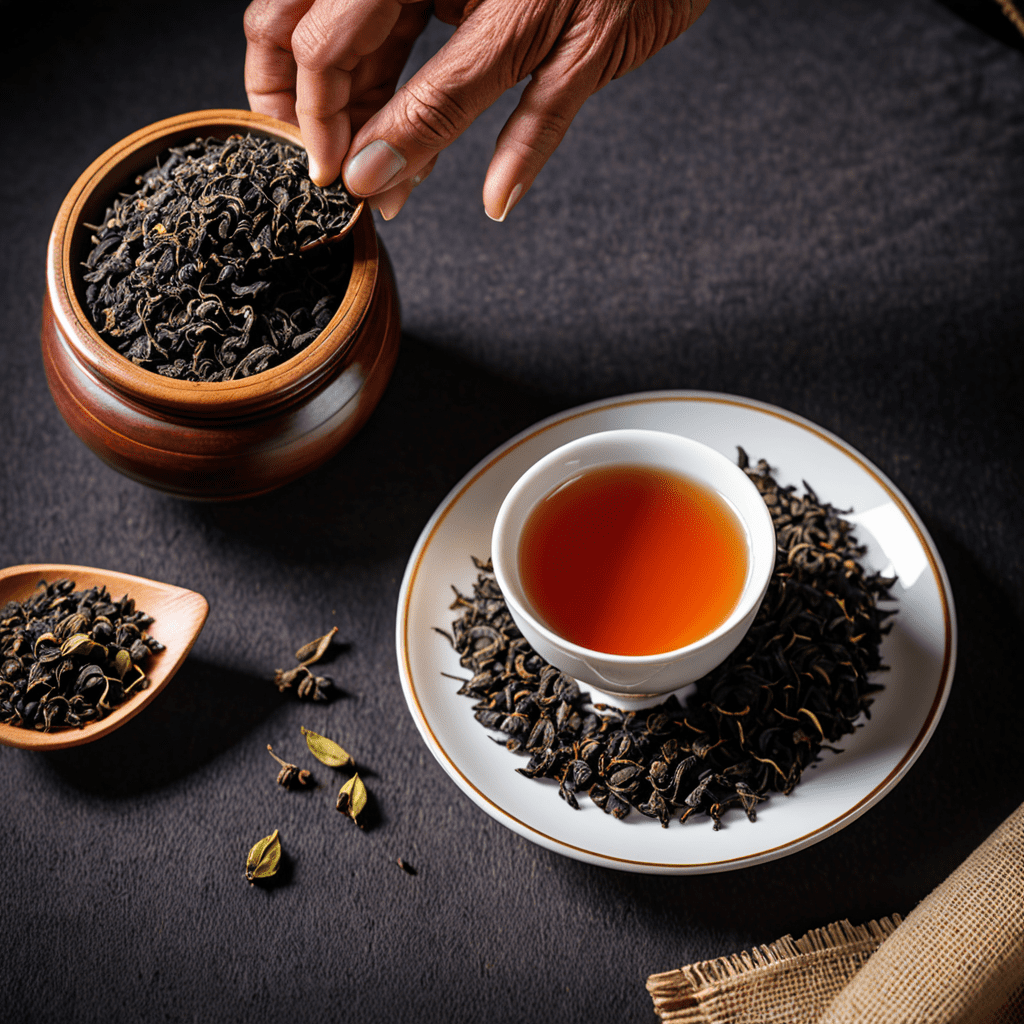Unlock the Power of Green Tea during Fasting: What You Need to Know
Fasting has become increasingly popular as a means to promote health and weight loss. However, navigating what you can and can’t consume during a fast can be confusing. One question that often arises is whether it’s acceptable to drink green tea during a fast. In this article, we will explore the benefits and considerations of incorporating green tea into your fasting routine.
The Benefits of Green Tea when Fasting
Green tea is known for its numerous health benefits, and these can be particularly advantageous when fasting. Some of the benefits include:
- Boosts metabolism: Green tea contains catechins and caffeine, which can increase fat oxidation and boost metabolism.
- Enhances mental alertness: The combination of caffeine and theanine can improve focus and concentration.
- Provides antioxidants: Green tea is rich in antioxidants that help protect the body against damage caused by free radicals.
- Suppresses appetite: Green tea can help control cravings and reduce hunger pangs during fasting.
Considerations when Drinking Green Tea while Fasting
While green tea offers numerous benefits, it’s important to consider the following factors when incorporating it into your fasting routine:
- Caloric intake: Green tea is low in calories and should not significantly disrupt your fast. However, if you add sweeteners or milk to your tea, it may break your fast.
- Caffeine sensitivity: Some individuals may be more sensitive to the effects of caffeine. If you experience negative side effects like jitteriness or sleep disturbances, it’s best to limit your green tea consumption.
- Intermittent fasting strategies: Depending on the type of intermittent fasting you are following, there may be specific guidelines regarding what you can and can’t consume. Be sure to familiarize yourself with the rules of your chosen fasting program.
Best Practices for Incorporating Green Tea into your Fasting Routine
Follow these tips to effectively incorporate green tea into your fasting routine:
- Stick to plain green tea: To avoid breaking your fast, it’s best to drink plain green tea without any added sweeteners or milk.
- Time your tea consumption: Drinking green tea in the morning can help boost your metabolism and provide a gentle energy boost during your fasting window.
- Stay hydrated: Green tea has a mild diuretic effect, so it’s important to drink plenty of water to stay properly hydrated.
Conclusion
Incorporating green tea into your fasting routine can offer numerous benefits such as boosted metabolism, enhanced mental alertness, and appetite suppression. However, it’s essential to consider factors such as caloric intake, caffeine sensitivity, and specific fasting guidelines before adding green tea to your fast. By following best practices and listening to your body, you can unlock the power of green tea and enhance your fasting experience.
FAQ
Can I add sweeteners or milk to my green tea during fasting?
Adding sweeteners or milk to your green tea may break your fast, as they can introduce calories and interfere with the fasting state.
How much green tea should I drink during fasting?
There is no specific recommended amount of green tea to consume during fasting. Start with one to two cups and adjust according to your preferences and tolerance for caffeine.
Is decaffeinated green tea acceptable during fasting?
Decaffeinated green tea is generally acceptable during fasting. However, keep in mind that decaffeinated varieties may still contain trace amounts of caffeine.


